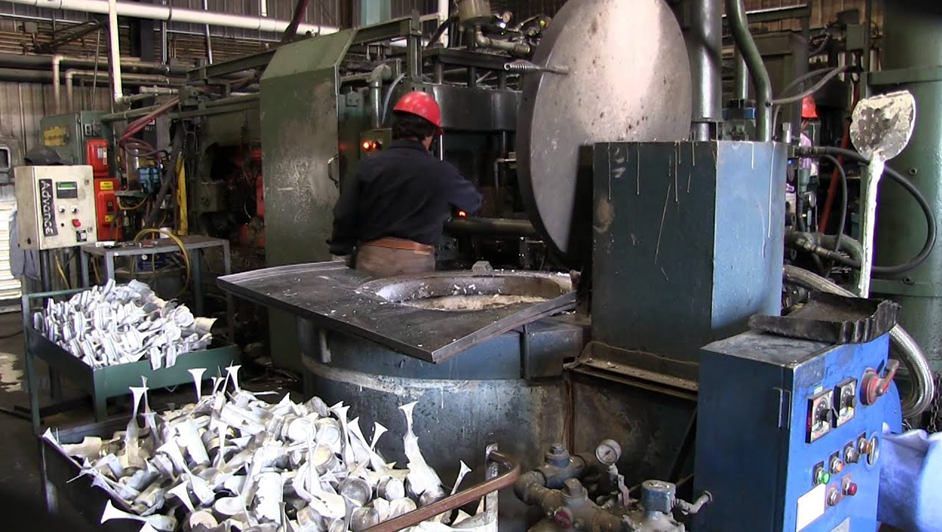Comparing Cast Iron and Aluminum: Which is the Superior Material?
When it comes to selecting materials for construction or manufacturing, the choice between cast iron and aluminum often arises. Both materials have a wide range of applications due to their desirable properties, but determining which is the superior material requires a closer examination of their characteristics and uses. In this article, we will compare cast iron and aluminum in terms of strength, weight, heat conductivity, and cost to determine which material is superior.
Strength is a crucial factor to consider when deciding on a material. Cast iron, known for its exceptional strength and durability, has been used for centuries in various industries. Its high carbon content gives it a strong structure, making it resistant to wear and tear. On the other hand, aluminum is significantly lighter and less dense than cast iron, making it easier to work with and transport. While aluminum may not have the same level of strength as cast iron, it still offers sufficient strength for many applications.
Weight is another important consideration, especially in industries where weight reduction is a priority. Cast iron is known for its heavy weight, making it suitable for applications where stability is crucial, such as in construction or automotive manufacturing. However, aluminum\’s lightweight nature makes it ideal for industries where weight reduction is prioritized, like aerospace engineering or consumer electronics. Its low density allows for easier handling and transportation without compromising on strength.
Heat conductivity is yet another factor to consider when comparing these materials. Cast iron has excellent heat retention properties, making it ideal for applications that require even heat distribution, such as cooking utensils or engine components. Conversely, aluminum is an excellent conductor of heat, meaning it quickly dissipates heat and cools down faster. This property makes aluminum suitable for applications that require efficient heat transfer, like heat sinks or radiator components.
Cost is always an important aspect to consider when choosing materials. Cast iron, due to its high carbon content and complex manufacturing process, tends to be more expensive than aluminum. Its durability and strength, however, justify the higher cost for industries where these properties are crucial. Aluminum, on the other hand, is more cost-effective due to its abundance and simpler manufacturing process. This makes it a popular choice in industries where cost efficiency is prioritized, such as consumer goods or packaging.
In conclusion, determining the superior material between cast iron and aluminum depends on the specific requirements of the application. Cast iron offers exceptional strength and durability, making it suitable for heavy-duty applications that prioritize stability and wear resistance. Aluminum, on the other hand, is lighter, easier to work with, and more cost-effective, making it ideal for industries that value weight reduction, heat conductivity, and cost efficiency. Ultimately, the choice between cast iron and aluminum comes down to the specific needs of the project at hand.
-

- Հանրաճանաչ մանկական սպորտային հեծանիվ Բարձրորակ մանկական հավասարակշռության հեծանիվ մանկական հեծանիվ
-

- Մեծածախ մագնեզիումի խառնուրդ մանկական ցիկլ 3-ից 5 տարեկան 12 դյույմ մանկական ցիկլ OEM էժան
-

- Integrated 3-spoke wheel for MTB with CNC machining &surface treatment
-

- Մագնեզիումի համաձուլվածքի ձուլման LED էկրանի շրջանակ
-

- Customized die-casting parts&components
-

- Magnesium alloy die-casting Auto parts controller housing

 0086-750-5616188
0086-750-5616188 +86 13392089688
+86 13392089688 sales@zhongmei-tech.com
sales@zhongmei-tech.com







